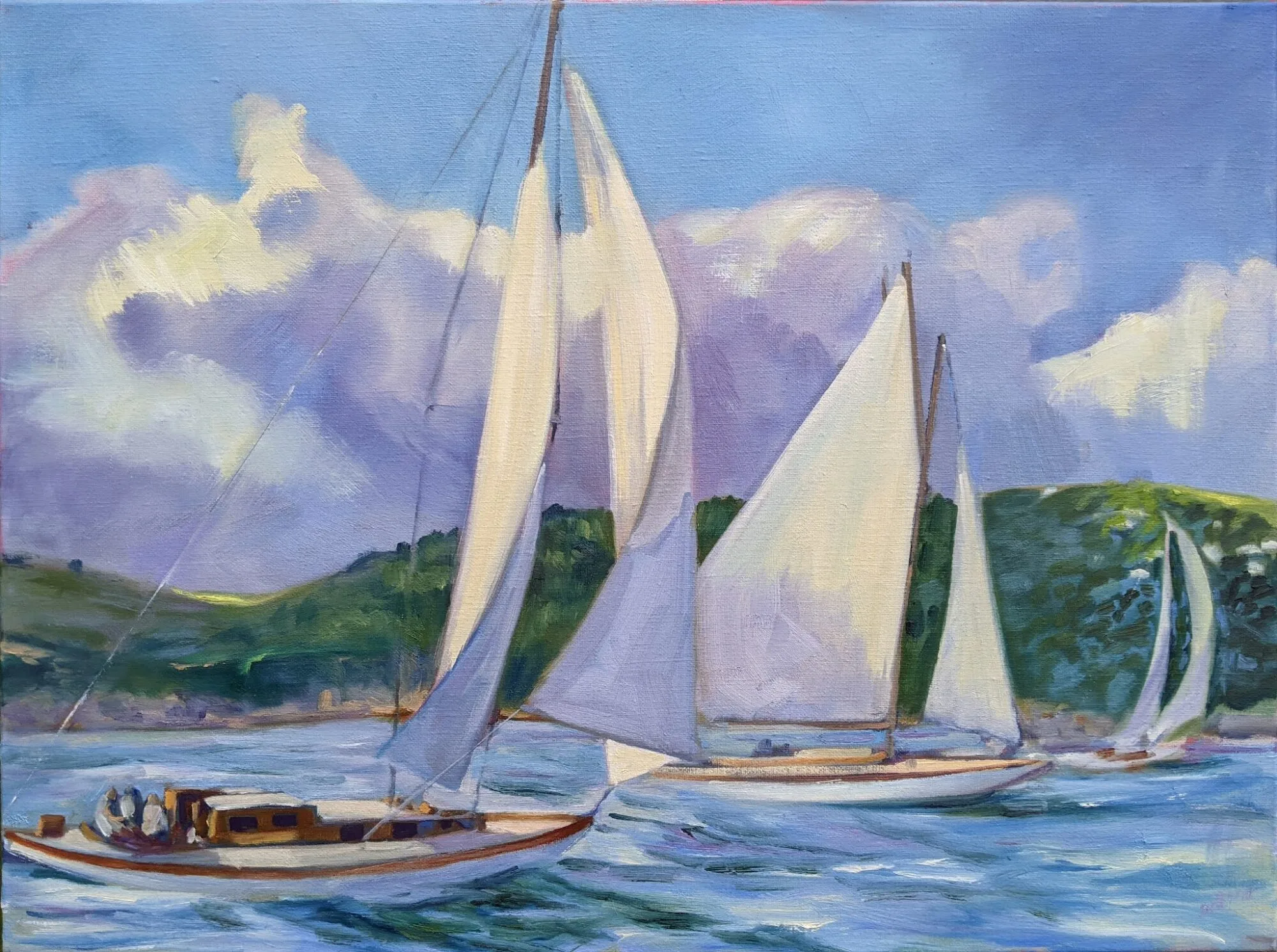 |
|
Young Girl Singing into a Mirror, Jean-Etienne Liotard, 18th century.
|
There’s a lot of conversation about American Exceptionalism in the media today. This is the theory that, because of its unique ideology of liberty, equality, and individualism, the United States is qualitatively different from other countries.
It’s true that our colonial forebears were uncommonly interested in the written word, and that literacy and numeracy were widespread among all classes, in marked contrast to the European nations from which we drew.
Tis to ye Press & Pen we Morals owe
All we believe & almost all we know. (George Fisher, 1748)
All we believe & almost all we know. (George Fisher, 1748)
 |
|
Buffalo Newsboy, Thomas Le Clear, 1853. In America, education was never limited to the upper classes.
|
In New England, about 60 percent of the population was literate between 1650 and 1670, 85 percent between 1758 and 1762, and 90 percent between 1787 and 1795.
And what were these people reading? Well, not technical manuals. Overwhelmingly, education involved ancient languages, ancient history, theology, and mathematics, and most people could sketch and sing or play an instrument because these were fundamental skills in a world without photography or radios.
These New Englanders went on to lead the Second Industrial Revolution, which started with the rapid industrialization during the Civil War and culminated in 20th century American economic hegemony.
 |
|
Réunion de dames, Abraham Bosse,17th century. The salon was a mechanism for continuing education from the 17th century on.
|
In other words, it was quite possible to build a technological empire without STEM classes. But is it possible to build the 21stcentury equivalent without the humanities?
Researchers at Michigan State University recently identified a link between childhood participation in the arts and adult success in business. As they put it, “A young Picasso or Beethoven could be the next Edison.”
 |
|
A Young Girl Reading, Jean-Honoré Fragonard, 1776.
|
People who own businesses or were granted patents were up to eight times more likely to participate in music and art as children than the general public. “The most interesting finding was the importance of sustained participation in those activities,” said Rex LaMore, director of MSU’s Center for Community and Economic Development. “If you started as a young child and continued in your adult years, you’re more likely to be an inventor as measured by the number of patents generated, businesses formed or articles published.”
“The ability to make art is really critical to the creative mind and getting into the sciences,” added James Lawton.
